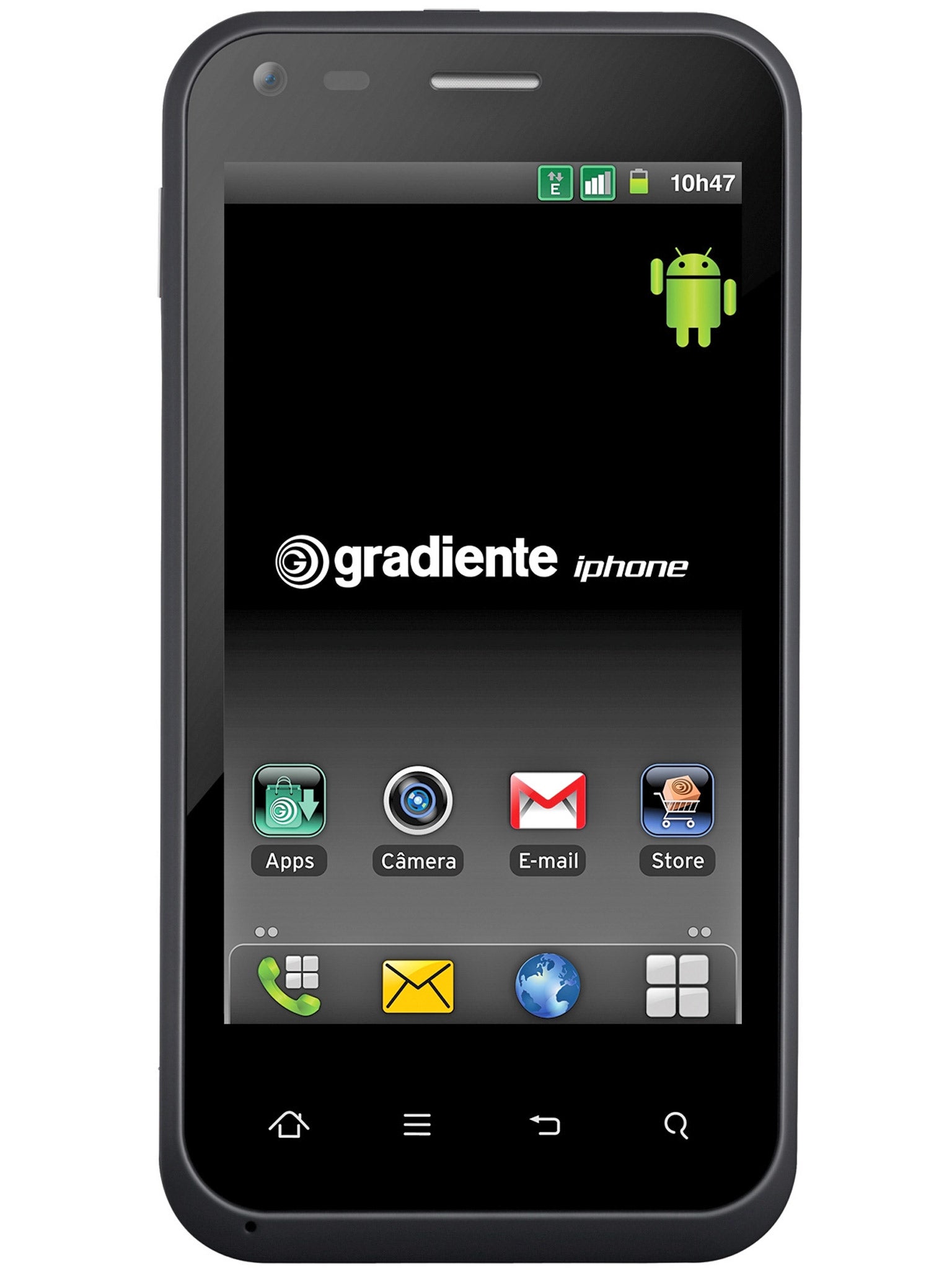When is an iPhone not an Apple iPhone? Technology giant loses trademark in Brazil
Local company Gradiente registered name seven years before the US firm

Your support helps us to tell the story
From reproductive rights to climate change to Big Tech, The Independent is on the ground when the story is developing. Whether it's investigating the financials of Elon Musk's pro-Trump PAC or producing our latest documentary, 'The A Word', which shines a light on the American women fighting for reproductive rights, we know how important it is to parse out the facts from the messaging.
At such a critical moment in US history, we need reporters on the ground. Your donation allows us to keep sending journalists to speak to both sides of the story.
The Independent is trusted by Americans across the entire political spectrum. And unlike many other quality news outlets, we choose not to lock Americans out of our reporting and analysis with paywalls. We believe quality journalism should be available to everyone, paid for by those who can afford it.
Your support makes all the difference.When is an iPhone not necessarily an Apple iPhone? When it’s in Brazil, according to the country’s patent authorities, who yesterday ruled that famed trademark does not belong to the Californian company but a local company which filed its request to use the brand years before the Apple device was launched.
The ruling, which only applies in the Brazilian market, doesn't prohibit Apple from selling its smartphones in the country. But the Institute of Industrial Property, the Latin American nation’s patent authority, said the brand belongs to a local business called Gradiente, which began producing its 'iphone' with a lower case ‘p’ last year. It registered the 'iphone' trademark in the country in 2000, seven years before the Apple device was launched.
Gradiente could now go to court to enforce exclusivity, although Apple is reported to be pursuing an appeal. The American technology giant didn’t immediately respond to a request for comment yesterday.
Last year, Apple reached a $60m settlement with a Chinese company called Proview to resolve a dispute over the iPad trademark. Proview claim its local unit owned the now-iconic name in the country, and had applied for customs authorities to block shipments of Apple’s device. The company eventually reached a deal to end the case, which had threatened its business in one of the world’s most lucrative consumer markets.
Subscribe to Independent Premium to bookmark this article
Want to bookmark your favourite articles and stories to read or reference later? Start your Independent Premium subscription today.
Join our commenting forum
Join thought-provoking conversations, follow other Independent readers and see their replies
Comments